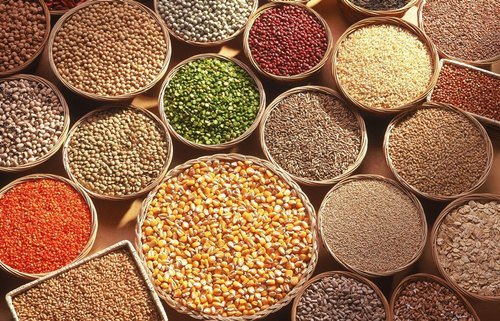Speciality chemicals Startup Scimplify raises $9.5Mn in Series A funding led by Omnivore and Bertelsmann
With this new round, the company plans to double down on their R&D capabilities and add more geographies where key customer segments lie.
Speciality chemical manufacturing startup Scimplify announced today that it has raised USD 9.5 million in Series A funding. The round was led by Omnivore, alongside Bertelsmann India Investments and existing investors 3one4 Capital and Beenext. Scimplify is a leading specialty chemicals company in India offering a science-first, end-to-end contract manufacturing platform for agrochemicals, pharmaceutical APIs, and flavours & fragrances. In 2023, the global speciality chemicals market was valued at over USD 800 billion, with agrochemicals and pharmaceuticals contributing to more than 60 per cent of the market. Notably, India stands as the 2nd largest exporter of agrochemicals worldwide, and the overall Indian chemical industry is poised to reach double in output by 2027. Scimplify’s diversified services encompass contract research and commercial chemical manufacturing across various sectors, including agrochemicals, pharmaceutical APIs, and flavours & fragrances. With increasing demand for new formulations to support the green transition, shifts in global supply chains away from China and towards India, as well as manufacturing incentives from the Indian government, Scimplify is strategically positioned to cater to a substantial customer base in India and across the globe.
Based out of Bengaluru, Scimplify was founded in 2023 by Salil Srivastava and Sachin Santhosh. Salil previously led the chemicals vertical at Zetwerk and began his career with ITC Limited, while Sachin is an IIT-Madras alumnus who was earlier with Bizongo and began his career with of Business. The founders launched Scimplify to enable comprehensive solutions for the global specialty chemical industry with an emphasis on green manufacturing, quality, and innovation. With this new round, the company plans to double down on their R&D capabilities and add more geographies where key customer segments lie.
Salil Srivastava, Co-Founder of Scimplify, stated, “The backbone of Indian specialty chemical manufacturing are mid-sized factories that have built in-depth, chemistry specific expertise over decades. However, there is significant available capacity to double the national output in the next 5 years with the given infrastructure. Scimplify brings together unique products to these factories using cutting edge R&D along with consistent demand from global customers to utilize these capacities and provide a tech-enabled, full-stack offering to the modern agile customer.”
Mark Kahn, Managing Partner of Omnivore, observed, “Scimplify’s science-driven platform delivers affordable, sustainable agrochemicals and green chemistry intermediaries. By streamlining R&D and manufacturing of sustainable formulations, they’re meeting global demands and positioning India as a leader in sustainable manufacturing of chemical intermediaries. Their approach satisfies regulatory requirements, consumer needs, and environmental concerns, elevating industry standards.”
Rohit Sood, Managing Partner of Bertelsmann India Investments, added “We are excited to partner with Salil & Sachin on their venture to create value in the specialty chemicals industry through a full stack approach. Their unique science, technology & supply-first approach is best suited to leverage the increasing diversification of global supply chains while providing a big boost to the nation’s ‘Made in India’ drive.”
With this new round, the company plans














